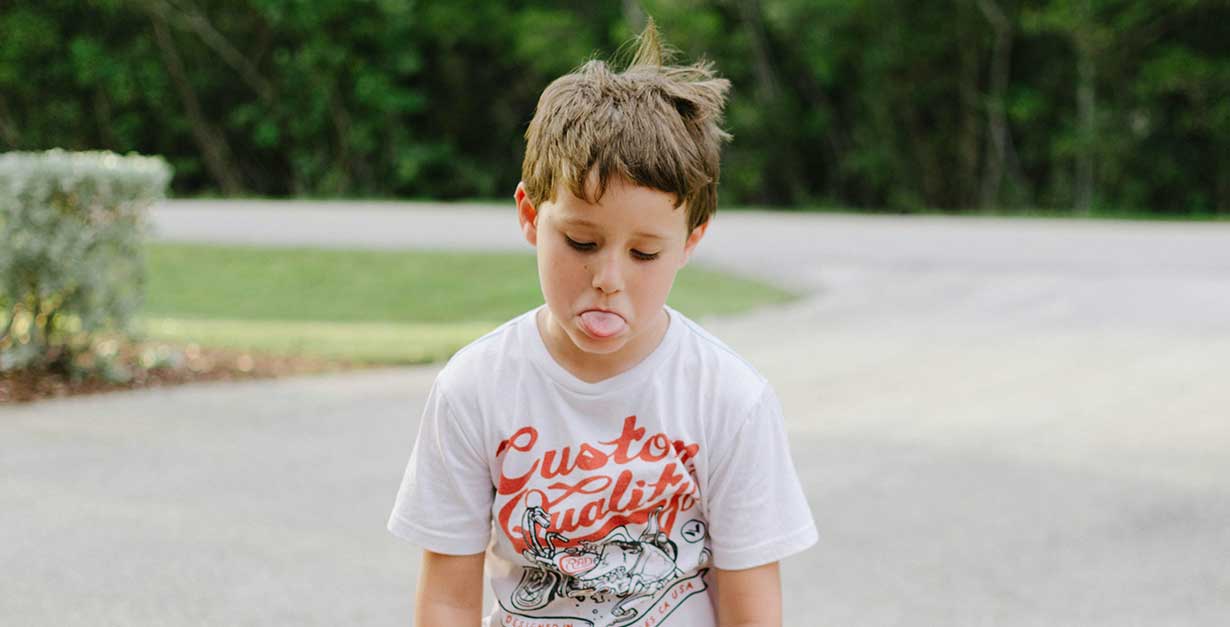Is Sleep Apnea Waking Up my Child? Addressing Early Rising
A mom who has successfully sleep trained her children with The Shuffle wrote in a question about sleep apnea waking up her son:
“You helped my family tremendously 5 years ago when my twins were a year old and not sleeping. After working with you, the results were amazing. Now, I’m turning to you to help me again. My 6 year old wakes up early around 5 or 5:30 every morning. He doesn’t go back to sleep and he’ll either play quietly in his room or he goes to wake up his twin sister which does not go over well.
“The real problem is that he’s clearly tired throughout the day. It’s affecting his school day. He’d take a nap during the day if he could. My husband and I have tried everything we can think of to get him to go back to sleep. We’ve put in room darkening shades in his room, we’ve walked him back to his room when he gets up, we sit with him, trying not to engage with him, and nothing seems to work. And by the way, he goes to sleep around 7:30 each night and has no problem falling asleep. Any advice would be most welcome.”
Learn:
- Your child’s sleep needs
- Sleep apnea symptoms
- Talking to your doctor
- Sleep manners
Know How Much Sleep Your Child Needs
If I look at 7:30 p.m. to 5:30 a.m., that means he’s getting 10 hours of sleep which isn’t horrible. The most important thing you said is that he is tired, and it’s affecting his school day. That means that 10 hours is not enough sleep for him. Then there is some question of the quality of his 10 hours of sleep. Rule out sleep apnea waking up your son, which can be caused by enlarged tonsils and adenoids at his age. If you still have Good Night, Sleep Tight, go check the medical chapter. There’s a long list of symptoms there.
Need a sleep schedule for every age? Bookmark this:
Read: Sample Schedules: Sleep and Naps From 6 Months to Preschool
Is Sleep Apnea Waking Up Your Child?
The most common symptom of sleep apnea in children is mouth breathing during the day and the night. When we sleep, we are supposed to breathe through our nose, so look to see if he is doing this when you’re talking to him during the day and when you check on him before you go to bed at night.
Another possible indication of sleep apnea is snoring. Children shouldn’t snore, period, unless they have some kind of sinus infection or significant illness.
Sick of waking up before the sun?
There are 5 causes and 5 ways to combat early rising in children - find out how in our Gentle Sleep Solutions e-Course, available now!
In general, you want to look for snoring, mouth breathing, any loud or labored breathing, sleeping with his head cocked back in bed, sweating while he sleeps, restless sleeping, the blankets falling off the bed. If he still wets the bed, or is not able to stay dry at night, that would be another sign, too. Other indications could be a history of reflux, allergies, or asthma. Anything that’s interferes with his breathing while he sleeps can be a sign of sleep apnea.

An ENT or a pediatric pulmonologist would be able to explain to you why sleep apnea causes early rising. It can cause early rising, and sleep apnea can be very stubborn. That means that all behavioral methods to help your child learn to go back to sleep don’t work. Now, that’s not to say that you should ignore it behaviorally, but go get his tonsils and adenoids checked. Adenoids are hard to see, so they might need to do quick scope of his nose, but that can usually be done in the ENT’s office and doesn’t require anesthesia.
Enforce Good Sleep Manners
In terms of behavior, go over some sleep manners and explain that it’s not okay to wake up your twin sister. Tell him, we will put a gate on your door if we need to. Be sure to go over the sleep manners at bed time and again in the morning. You could also try a wake-up clock.
Don’t encourage him to turn on his light when he wakes up. If you have to, put a switch or even remove a bulb during this process. If he’s waking up at 5a.m., turning the light up, and reading books and he’s exhausted in school, this is not helping him. Maybe you could teach him some creative visualization techniques.
Do you have a calming bedtime routine?
Read: Creating a Soothing Bedtime Routine — 7 Tips to Meet the Challenge




